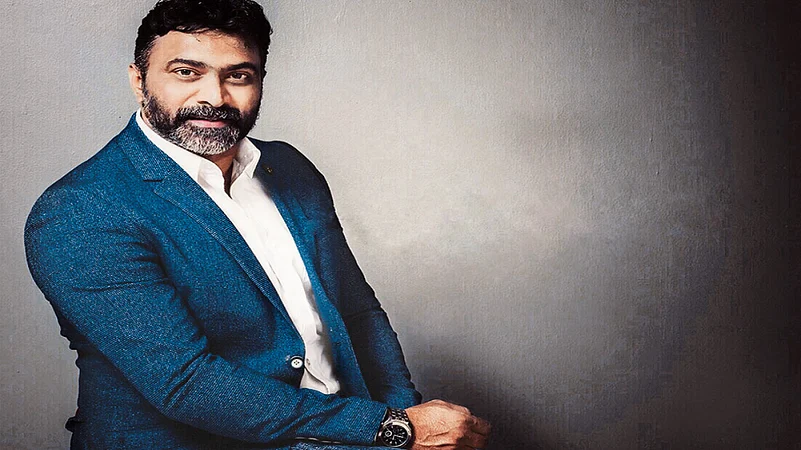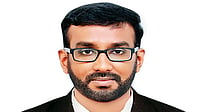There are heroes and then there are those without capes. Elvis Joseph belongs to the latter category. He left a cushy corporate job 13 years ago to work with HIV children through a first-of-its-kind project, ‘Champion-in-Me’ . The athlete Elvis designed a sports-oriented program for adolescents and kids to eradicate stigma, and improve immunity and fitness. Excerpts from the interview by Surbhi Chawla.
What was your inspiration?
For me, this is a calling. Since college I wanted to do sports management and build communities. Sport is a very powerful tool. My first project was for HIV children. For me, the larger intent was to empower lives. The objective was to build the immune system of the child. The world talks about HIV but there are no solutions for the affected. People are pumped with medication or neglected.
How has the program progressed?
We started with 20 kids; in Karnataka alone, we now have more than 3,000. The idea is to inculcate a sense of belonging and identity, and give them opportunities to make them independent. The vision is to reach one million children in the country.
What is your learning?
In medical terms, I had no idea about their food habits, our training methodology and modules. I was worried. I started in small groups. With the understanding, we adapted. Over time, we have worked with different institutions, support and care centers, and community networks, and got to know how to deal with people.

How challenging was it to get initial funding?
Government funding is for specific purposes, especially medication. However, for education support, merely a law on equal rights does not get the job done. Advocacy is another important part. Right from 2009, the focus has been about children dying. In 13 years, I have seen death due to an ear infection and complications not related to HIV. There is no fund for sports. So, it was a challenge, and we face it today. We took children to compete at the Children’s Olympics in the Netherlands, they participated in Boston and Gold Coast marathons. A documentary was made on two kids who participated in the marathon.
According to NACO statistics, we have more than one lakh HIV children. However, we have no data about them. What happens to them when they turn 18? Where do they go? We cannot keep them in support and care centers. These kids are vulnerable. However, the country doesn’t have a plan for them. We don’t know what they’re going to do. In terms of financials, there is a need for more people to get involved, and take on more responsibility. We need an ecosystem where you can handhold people they are 24. We launched a new program this year, ‘Champion in Me Rising 20’. We work with young adults between 19 and 24 years in the sports programs, and ensure that they finish graduation. We will help them with employment skills.























